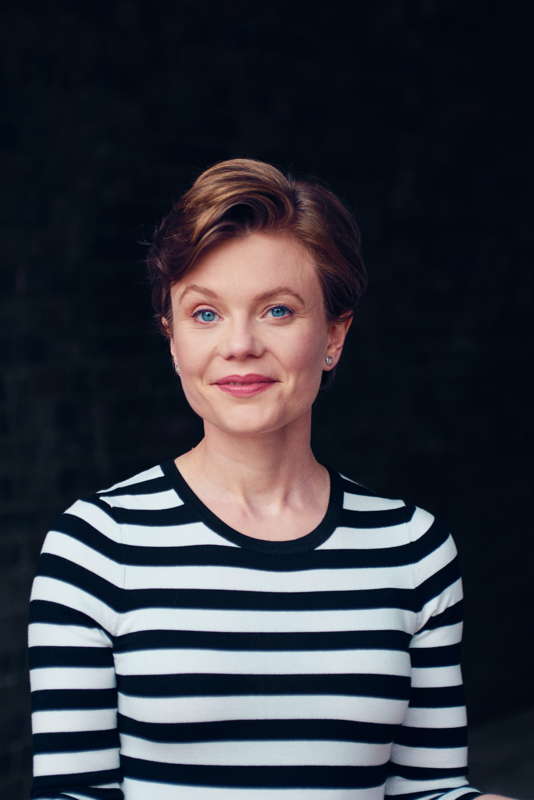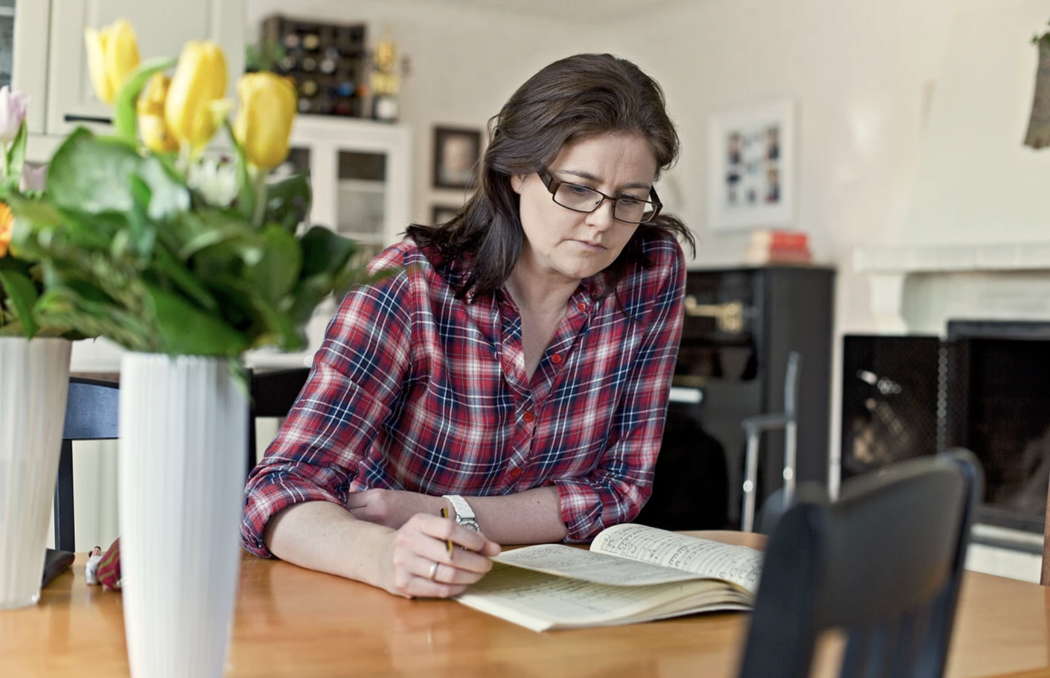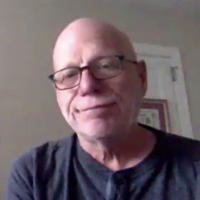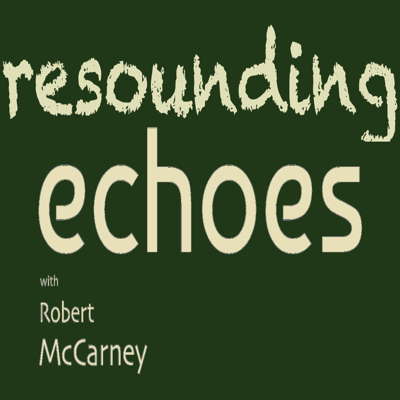- Urania Records
- L A Opera
- Dieter Schnebel
- Arizona USA
- Sándor Szokolay
- classical music and money
- Buffet Crampon
- Martin Owen
From Sherwood to LA
MIKE WHEELER is impressed with music by Carwithen, Kelly, Rachmaninov, Chaminade, Korngold and Sibelius from Clare Hammond, Anna-Maria Helsing and the BBC Concert Orchestra
You can't go far in Nottingham without being reminded of local folk-hero Robin Hood. So music from two Robin Hood films formed a natural ingredient in the BBC Concert Orchestra's second appearance in the BBC Proms' first-ever visit to the city, this time with Chief Conductor Anna-Maria Helsing – Royal Concert Hall, Nottingham, UK, 8 September 2024.
Doreen Carwithen's thirty or so film scores include music for The Men of Sherwood Forest (1954). The overture, arranged by Philip Lane, has everything, all delivered with gusto by Helsing and the orchestra – a brilliant start; heavy, imposing music, presumably for the villains; softly crooning horns; and a sweeping, romantic main theme. If her music is all as good as this, I look forward to hearing more.
Elizabeth Kelly grew up in Los Angeles, but has been based in Nottingham for the last ten years, as the head of Nottingham University's Music Department. Lace Machine Music was commissioned by the BBC, and was receiving its world premiere. The city's lace-making history goes back to the 1760s, and in conversation with BBC Radio 3 presenter Elizabeth Alker, Kelly described how, while writing the piece, she was able to see lace machines in action, and the punch-cards that hold the data for the patterns in the finished lace. Describing the machines as the factory's 'heartbeat', she commented on how they 'actually shake the floors and the surrounding streets'. She related the bells that sounded when pieces of lace were finished to the clock chimes from the city's Council House, a familiar sound to residents and visitors alike, and which she can hear from her flat.
The piece starts with a vigorous tutti, including a trombone idea which Kelly, in her printed note, called her musical punch-card pattern. With a shaker setting up a continuous pulse, the music took on a brash celebratory tone, underpinned by earthy, rhythmic patterns, and topped by glockenspiel glitter. When the clamour subsided, the cellos took the opening trombone idea and made something broader and more lyrical out of it. The long fade-out might well have suggested the scene receding into history, amid the shaker pulse and bell sounds. An eloquent performance of a piece that deserves more hearings.
How would Rachmaninov have got on as a film composer? That tantalising might-have-been was one of the impressions left by the performance of his Rhapsody on a Theme of Paganini, for which the orchestra was joined by pianist Clare Hammond, who grew up in Nottingham. Every facet of the work came over vividly, from the playfulness of Variation 3 and the delicacy of No 6, to the withdrawn No 7, which introduces the 'Dies Irae' chant that haunted Rachmaninov's imagination, the spooky minuet-cum-waltz that is No 12, and the trenchancy of the variation that followed, while No 9 suggested the composer's often-overlooked modernist side. Pianist and orchestra moved into the celebrated Variation 18 without fuss, Hammond presiding with calm authority. The fast variations had energy and drive, Hammond's fingers flickering all over the keyboard in No 15, and, in Variation 19, re-creating the pizzicato writing of Paganini's original Caprice No 24 with considerable flair. Rachmaninov's deceptively casual sign-off gesture was dispatched with nonchalant ease. We heard more of Hammond's delicate finger-work in her encore – 'Impromptu', the fifth of Chaminade's Six Concert Etudes, Op 35 – making the trills and runs gently sparkle.

British pianist Clare Hammond (born 1985).
Photo © 2021 Philip Gatward
After the interval, it was back to Sherwood Forest for the concert suite from Korngold's music from the 1938 film The Adventures of Robin Hood. After the brisk Fanfare, 'Robin Hood and his Merry Men' was full of laddish cameraderie. In 'Love Scene', floating string lines included tender cello and violin solos, before a punchy account of 'Fight, Victory and Epilogue', the final brass theme ringing out triumphantly.
In her brief conversation with Elizabeth Alker, Anna-Marie Helsing described the final work, Sibelius's Third Symphony, as not so much a transition piece, as Alker suggested, but already 'very different' from Nos 1 and 2 in its 'condensed' classical style. After commenting on his use of folk songs, real or made-up - after all, 'he is also a "folk"' - she said she wanted to include the symphony precisely because it is relatively neglected.

Swedish/Finnish conductor Anna-Maria Helsing (born 1971).
Photo © Tage Rönnqvist
The opening theme for cellos and basses, though very quiet, was purposeful with plenty of rhythmic definition, setting up a strong current well maintained through shifts of tone and mood, including the soft light of the quiet chords before the firm ending. Conductor and orchestra kept a gentle dance impulse underpinning the second movement, where everything seemed to be on tiptoe, with woodwind figures swirling like a handful of leaves on the breeze. The two-movements-in-one finale set off with springy rhythms, and progressed with a sense of there always being something over the next hill, with melodic fragments tossed around airily. The culminating hymn-like theme emerged seamlessly, and the ending was expansive without losing momentum – a resounding end to the BBC Proms' first Nottingham visit..
Like the previous day's Young Composers Prom, it is available on BBC Sounds until 7 October 2024.
Copyright © 17 September 2024
Mike Wheeler,
Derby UK





